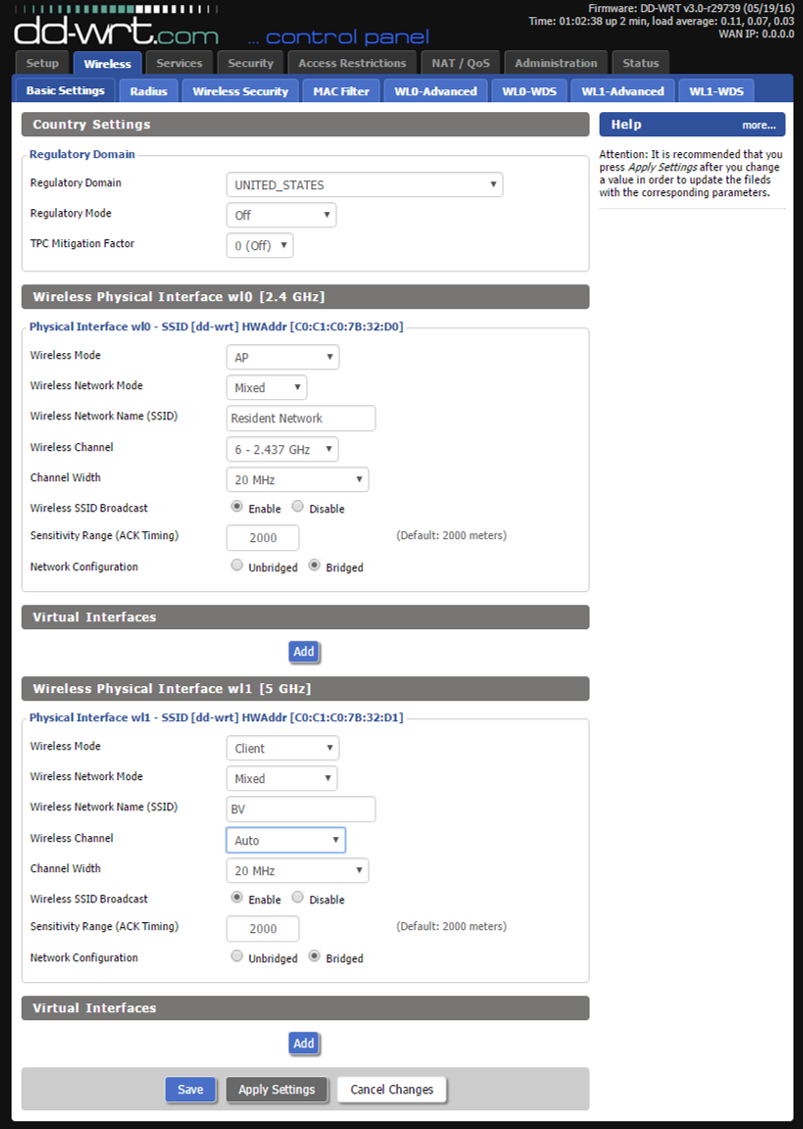

you must also sign NDAs that will likely limit your ability to write other similar stuff (as you had access to some of their source/information, so you could be stealing their stuff and they could sue you for that even if it's not true, just for trolling), see the case of David Airlie that had signed an NDA for some ATI/AMD/Radeon GPUs and had to stay clear of opensource development for those cards and a few years after too.
#Bcm4360 dd wrt free#
Broadcom does not grant free access to the SDK (and blobs) but you must pay significant sums of money for the privilege, usually tens of thousands of $ (I don't know about this case specifically, but in embedded world it's common to see these prices for SDK + devboard as it's aimed to companies). the usual ideological reasons we all know and love, OTOH I can't see why LEDE couldn't release a "blob" version with such closed stuff.tl dr even if we ignore ideological reasons, it's still a pain in the ass to do due to legal and practical reasons. OTOH I can't see why LEDE couldn't release a "blob" version with such closed stuff. With LEDE it worked just fine, but if I can't use 5G it's a no-go. Sorry but nope, there is no point.ĭisappointed, very disappointed by dd-wrt.įor me, IPv6 is like. So yeah, they "solve" the wifi issue, but lose in most other areas.
#Bcm4360 dd wrt serial#
VLANs don't work from the webinterface, I had to use SSH same as with stock firmware (on stock I actually used serial console, but anyway), and this is a common and well-known issue since forever, when expanding functionality the device requires silly hacks like adding scripts that rebuild custom config of built-in services on reboot (ftp is what I tried, I wanted it to use passive mode so I could host stuff for people outside my own LAN without triggering firewalls), when setting up entware (aka clone of OpenWRT package feeds) some packages break and you need to symlink stuff or bind-mount things around to make them happy (just see the tutorial in their wiki). The firmware on my router (yes I have a netgear 6300v2, also broadcom-based and wifi-ac router) is pretty decent and offers most features you will really need (it even has a tftp server), so dd-wrt needs to beat that, and.

In dd-wrt the wifi works great, just like stock firmware (no duh). The reason OpenWRT/LEDE wants to use opensourced stuff and not sign NDAs is that they make a distro for embedded devices, all their devices have the same underlying firmware made by the same stuff at the same version, so it's easier to have a consistent and stable experience across them. DD-WRT is basically solving the problem, while OpenWRT is refusing to.And for good reasons, if I might add.


 0 kommentar(er)
0 kommentar(er)
